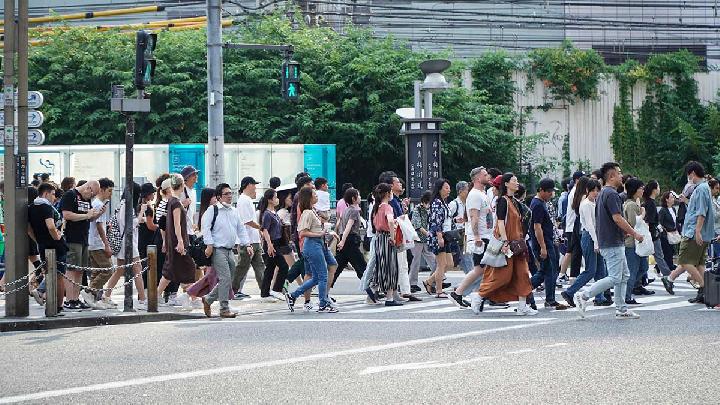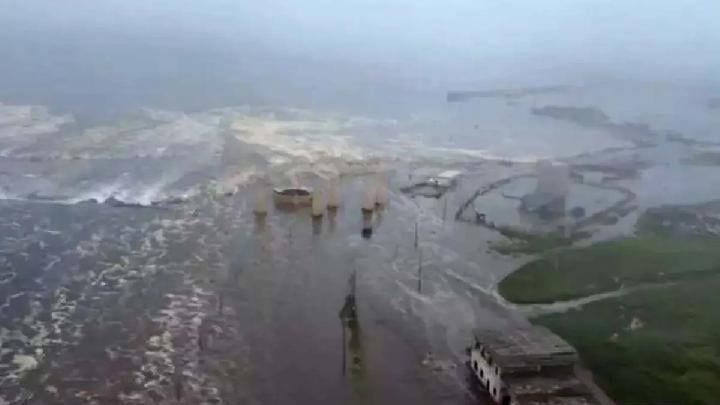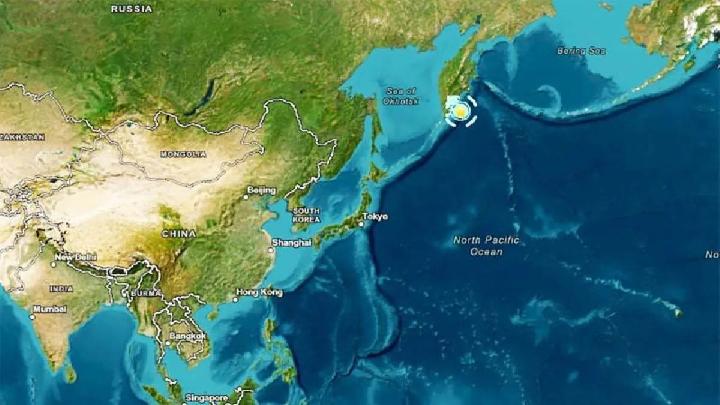August 9, 2025 | 04:11 pm

TEMPO.CO, Jakarta - Japan has once again experienced its largest population decline since official records began in 1968.
According to data released by Japan’s Ministry of Internal Affairs and Communications on August 6, 2025, the country’s population fell by 908,574 people, or 0.75%, in 2024.
This drop brings Japan’s total population down to 120.65 million and marks the 16th consecutive year of population decrease.
The Tokyo region remains the only area to record slight population growth, rising by 0.13%. In contrast, all other prefectures in Japan experienced population decreases. Government projections estimate that Japan’s population will dip below 120 million by 2026, continuing the downward trend.
Aging Population and Shrinking Workforce Threaten Japan’s Economy
Japan’s population peaked at 127 million in 2009, but since then the birth rate has steadily declined. Prime Minister Shigeru Ishiba has called this demographic shift a “quiet emergency,” highlighting government efforts to promote family-friendly policies like flexible work hours and free childcare to boost birth rates.
The country’s aging population is a critical factor driving the population decline. Nearly 30% of Japanese citizens are now aged 65 and older, while the working-age group (15-64 years) accounts for only 60%. Births have plummeted to their lowest point since 1899, with only 686,061 babies born in 2024.
To address labor shortages caused by the shrinking workforce, the number of foreign residents in Japan reached a record 3.67 million in 2024, nearly 3% of the population. These workers play an important role in sectors such as manufacturing, hospitality, and retail.
Rising Healthcare Costs and Empty Homes Highlight Challenges
The aging population has led to increasing healthcare and welfare costs, putting strain on Japan’s economy. Additionally, rural areas face a surge in vacant homes, totaling nearly four million over the past 20 years, as younger people move to urban centers.
Global Context: Population Decline Trends Worldwide
Japan’s population decline is part of a global trend affecting many developed nations. According to the United Nations and Scientific American, dozens of countries are expected to see similar demographic declines by 2050.
While lower birth rates can improve healthcare and education access in developing countries, aging populations in developed countries raise concerns about labor shortages and rising eldercare costs.
Many countries facing population aging are increasingly relying on young migrant workers, leading to more culturally diverse societies.
Economic, Social, and Policy Impacts of Population Decline
A recent study published in the Journal of Sociology, Anthropology, and Culture of the Archipelago outlines several key impacts of population decline:
Economic Impact: Loss of working-age population reduces economic growth potential and productivity. High death rates in the labor force can prolong economic recovery and increase poverty risk.
Demographic Shifts: Significant deaths reshape age structures, reduce workforce availability, and slow population growth due to fewer women of childbearing age. This creates regional economic disparities.
Social and Family Welfare: Loss of family members disrupts household income and child care, impacting children’s access to education and healthcare, which affects future human capital quality.
Policy Challenges and Opportunities: Balanced policies in health, education, and employment are crucial. Investments in healthcare infrastructure and life expectancy can promote sustainable growth while managing demographic risks.
Environmental Implications of Population Decline
Experts quoted by National Geographic note that population decline could reduce environmental pressures such as deforestation and carbon emissions. However, this benefit depends on changes in consumption patterns.
Aging societies will need to invest heavily in healthcare, technology, and workforce retraining to adapt economically.
Sita Planasari contributed to the writing of this article.
Editor’s Choice: Why Japanese Tourists Are Choosing Nara Over Kyoto
Click here to get the latest news updates from Tempo on Google News
Why Japanese Tourists Are Choosing Nara Over Kyoto
18 jam lalu

The current condition of Kyoto has made it less appealing to residents, despite the city being the center of traditional Japanese culture.
Palestine Attends 80th Anniversary of Hiroshima Atomic Bombing Ceremony for the First Time
2 hari lalu

Thousands gathered in Hiroshima today to mark the 80th anniversary of the world's first use of a nuclear weapon in wartime, including Palestine.
aespa Announced World Tour 2025-2026, Jakarta Included
3 hari lalu

aespa, announces the first stops on their upcoming world tour "SYNK:aeXIS LINE.", with cities like Hong Kong, Tokyo, Macau, Aichi, Osaka, and Jakarta.
BI: QRIS Surpasses 57 Million Users, Expands Globally
3 hari lalu

BI launched QRIS Tanpa Pindai (QRIS TAP) for the transportation sector in the Special Region of Yogyakarta.
Indonesia Exports 11 Tons of Black Tiger Prawns to Japan
3 hari lalu

A total of 11 tons of frozen black tiger prawns worth Rp2 billion are ready to export to Japan.
Australia to Buy 11 Advanced Warships from Japan Worth US$6 Billion
4 hari lalu

Australia will enhance its navy fleet with 11 Mogami class frigates built by Mitsubishi Heavy Industries of Japan
Pacific Tsunami Warning Lifted, Residents Begin Returning Home
8 hari lalu

Millions of residents in Pacific countries return home after tsunami warnings are lifted following a major earthquake in Kamchatka, Russia.
The Japanese Origins of the Word 'Tsunami'
8 hari lalu

The origin of the word "tsunami," which means "harbor wave" in Japanese, and its global usage.
Here Are 5 of the Most Powerful Earthquakes in Recorded History
8 hari lalu

One of the most powerful earthquakes ever hit Banda Aceh in 2004, killing over 200,000 people.
Kadin: Foreign Investors from China, Japan, and Korea Keen to Invest in Solo Raya Agglomeration
8 hari lalu

Foreign investors have begun to take notice of the Solo Raya agglomeration area. Some of these investors are from Korea, Japan, and China.
















































